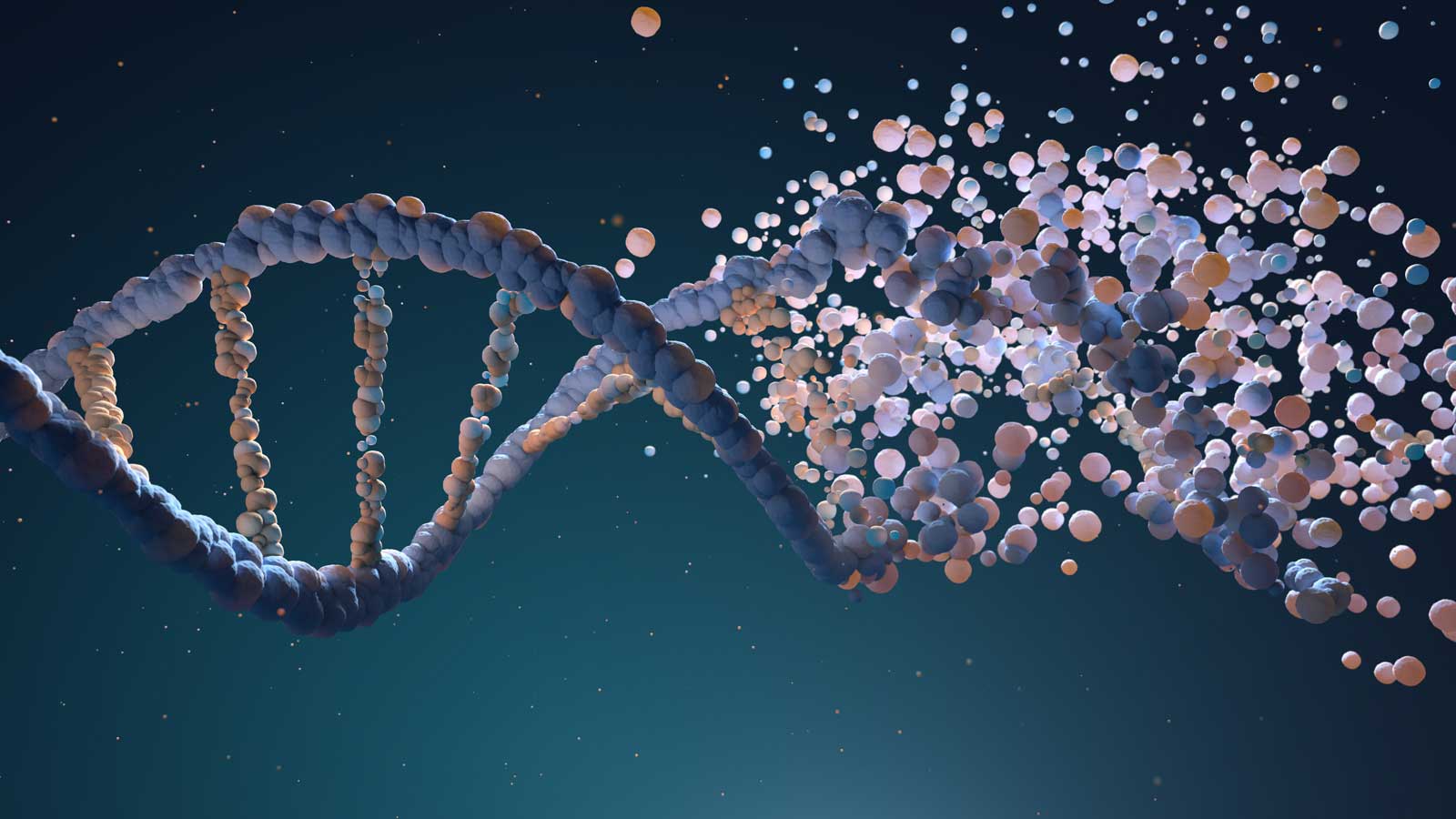Every day, your three-pound liver saves your life. The second-largest organ in your body (after the skin), your liver works tirelessly to keep you healthy—performing a stunning array of tasks. This workhorse filters everything you eat and drink, helps usher toxins safely out of the body, regulates blood sugar levels, stores extra sugar in the form of glycogen, and converts extra carbohydrate and protein into forms that can be stored for later use. Your liver also produces the body’s “liquid gold”—bile—which breaks down fats so they can be absorbed and carries waste out in the stool. Your liver even breaks down old or injured blood cells. It stores iron. It stores clotting molecules for the blood.
It’s versatile, your liver. But it is not invulnerable. Even this remarkable organ can be excessively burdened by the onslaught of toxicants so common in everyday life—chemicals, poor food, sweet snacks and sodas, excess alcohol, pollution, and the constant stress we all face today. We are routinely exposed to over 84,000 chemicals (many untested for safety because they were grandfathered in by the Toxic Substances Act). Then there is our “obesogenic” food environment, which tempts us to eat high-fat, sugary, refined foods that seem to beckon from every television commercial, store, and restaurant, and place a significant burden on the liver’s detoxification system. Finally, the liver is impacted by chronic stress, a feature of contemporary life—which can lead to chronic high levels of cortisol and contribute to fatty liver.
Liver rejuvenation supports better health in the body – from cholesterol and hormone metabolism to detoxification, energy, and even cognitive function.
How to Know When Your Liver is Overtaxed
What are the early signs and symptoms of an overtaxed or stressed liver? Are there telltale warning signals that your liver could benefit from a little loving care and extra detox? Here are seven tips your liver may indeed need some attention:
1. Excessive Fatigue Fatigue is a common complaint the world over and is often experienced when the liver is under stress. The liver converts glucose into glycogen, a form of sugar that can be stored and then later released as glucose when the body needs a burst of energy. By storing and supplying the body with glucose, the liver helps provide energy and combat fatigue. If the liver is stressed it may become less efficient at regulation of blood glucose. Fatigue and sugar cravings may pop up.
2. Hormone Imbalances and Premenstrual Syndrome The liver detoxifies more than chemicals and pollutants. It also detoxifies our own hormones, including excess estrogen. Not surprisingly, when liver function is impaired, excess estrogen may not be adequately bound and excreted. Signs of excess estrogen in women can include PMS, fibrocystic breasts, moodiness, weight gain, menstrual disturbances, fibroids, and more.
3. Belly Bloat and Excessive Gas When the flow of bile is stagnant or slowed, the gut shifts towards a state of dysbiosis, where unfriendly flora dominate, and constipation is common. The toxins from pathogenic bacteria then block detoxification pathways in the liver as well. With the resulting imbalance of flora and dysbiosis, excessive gas and bloating may be experienced after eating.
4. High Levels of Heavy Metals Human exposure to heavy metals has soared, due to an exponential increase of metals in industrial, agricultural, and technological applications. From coal-burning power plants to plastics, textiles, electronics, wood preservation, and paper processing, metals are ubiquitous in everyday life. Heavy metals can cause DNA damage and contribute to a variety of human illnesses. When the liver’s detoxification pathways are impaired, heavy metals can accumulate in the body. In particular, the liver’s stores of glutathione, which safely and effectively binds to toxins and metals, can be depleted. A comprehensive tri-test that assesses urine, blood, and hair levels of mercury can give a realistic picture of an individual’s mercury burden. Other tests can look at glutathione levels and levels of other metals in hair.
5. Chemical Sensitivities and Allergies When the liver is under stress, individuals may find themselves more reactive to chemical exposures, including gasoline, kerosene, natural gas, pesticides, solvents, new carpet, adhesives, glues, fabric softener, formaldehyde, cleaning agents, medications, and more. Seasonal pollen allergies may worsen, and food sensitivities may increase. The liver is responsible for breaking down excess histamine, and if it is sluggish, histamine may build up in the body.
6. Poor Sleep Sleep problems run the gamut, taking too long to fall asleep (called sleep latency), waking up too early, fitful and poor sleep quality, frequent nocturnal awakening, or early morning awakening. The solutions range from sleeping medications to cognitive reframing techniques, relaxation tapes, meditation, sleep hygiene, and more. But one simple solution may be to improve liver function. Sleep disturbances have long been observed in chronic liver conditions, and one mechanism may be impaired hepatic melatonin metabolism. Melatonin is the “circadian rhythm” hormone—the hormone our bodies naturally release as darkness falls, and which readies us for a good night’s sleep.
5 Ways to Cleanse and Support Your Liver
Your liver is the only visceral organ in your body that can actually regenerate itself. If even a mere quarter of your original liver is left, it can regenerate back to its full size. Your liver’s capacity for repair is immense. It just needs a little extra care and attention. Here are some tips for improving your liver function.
-
- Support Bile Flow with Bitter Botanicals Bitter botanicals have been used for hundreds of years as both medicine and as aperitifs. They can aid in healthy drainage of the liver, kidneys, lymph, and help support intestinal health. First and foremost, they support healthy bile flow, which is critical for digestive function, and helps balance your gut flora since bile acids are antimicrobial.
-
- Support the Liver with Pure Phosphatidylcholine Phosphatidylcholine (PC) makes up 90% of the phospholipids in bile. In the body, phosphatidylcholine supports the movement of toxins in the liver, aiding in detoxification. Phosphatidylcholine is also a primary building block for the gut’s protective mucus layer.
-
- Support Glutathione Levels Your liver’s ability to transform toxic molecules into less toxic ones, and then help your body excrete them, depends on two phases of detoxification. Phase I liver detoxification utilizes specialized enzymes to help neutralize innumerable substances. Phase II detoxification goes even further and neutralizes the byproducts of Phase I. Then the toxins are removed from the body. To detoxify, your liver relies on many enzymes and molecules, but the most important may be glutathione. Levels of glutathione are naturally higher in the liver than the rest of your body.







